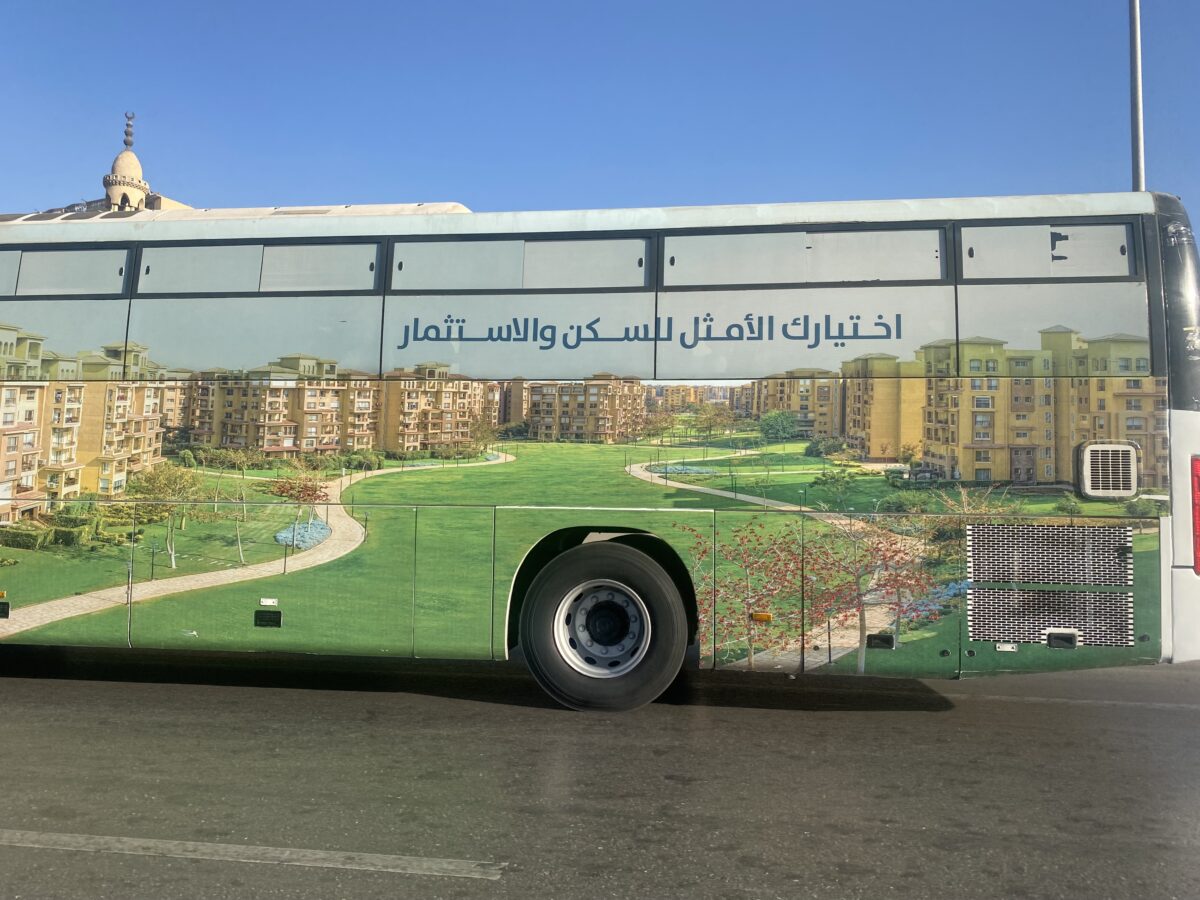Introduction to Urban Economics
Economy has always shaped cities and continues to do so. In the 1900s, only 10% of the world’s population lived in cities. Today, more than 50% live in cities, with the expectation of an increase to 75% by 2050. This rapid urbanization is not only a matter of population increase, but also, a strong evidence that cities are “growth machines”, providing their inhabitants with endless opportunities. Historically, cities grew out of economic relations: from industrial cities centered around heavy machinery, to cities that encourage the exchange of new ideas and technologies such as the Silicon Valley. Are cities becoming ugly, unhealthy and dirty due to uncontrolled economic growth, or rather healthy, green and prosperous? Does economic growth hinder or encourage urban sustainability? What possibilities does the relationship between economy and design have, and what role do architects and planners have as economy continues to shape cities? Following Marxist theory, this course situates the urban as an ongoing tension between “use value” and “exchange value”, affecting different aspects of urban life from housing to mobility infrastructure and public space. It first begins by introducing the main theories and shifts in political economy that had major influence on cities’ morphology and formation such as industrialism, mercantilism and neoliberalism. Then, and taking a closer look at current impacts of economy on cities – such as the spread of “work from home” policies, or the impact of online shopping like “Amazon” or “covid-19” on traditional market centers, the course will introduce the students to important theories and tools that can be useful for architectural and urban designers. These include urban informality, shrinkage/growth, economies of scale, urban sprawl, land value, commons, degrowth and circular economy.
Upon the completion of this course, students will be able to reiterate some of the main economic theories in relation to urbanization and city development. They will also be able to explain some of the main ideas related to urban economics and apply them in their designs.
Learning Outcomes
By the end of this course, the student will be able to:
Knowledge and Understanding
a.1. Explain the historical shifts in political economy and their impact on cities.
a.2. Identify the economic logic behind some of the current urban trends.
Intellectual Skills
b.1. Incorporate the theoretical economic insights into the field of architectural practice and urban planning.
Professional and Practical Skills
c.1. Develop an informed attitude towards current urban trends which are particularly affecting architectural and urban practice.
c.2. Utilize new tools from the course in one’s sustainable urban planning and design practice.
-
InstituteGerman University in Cairo (GUC)
-
CodeUP701
-
Semester7th
-
TypeUndergrad Course

-
 Promotion of housing project in Cairo. Credits: Ayham Dalal 2023
Promotion of housing project in Cairo. Credits: Ayham Dalal 2023